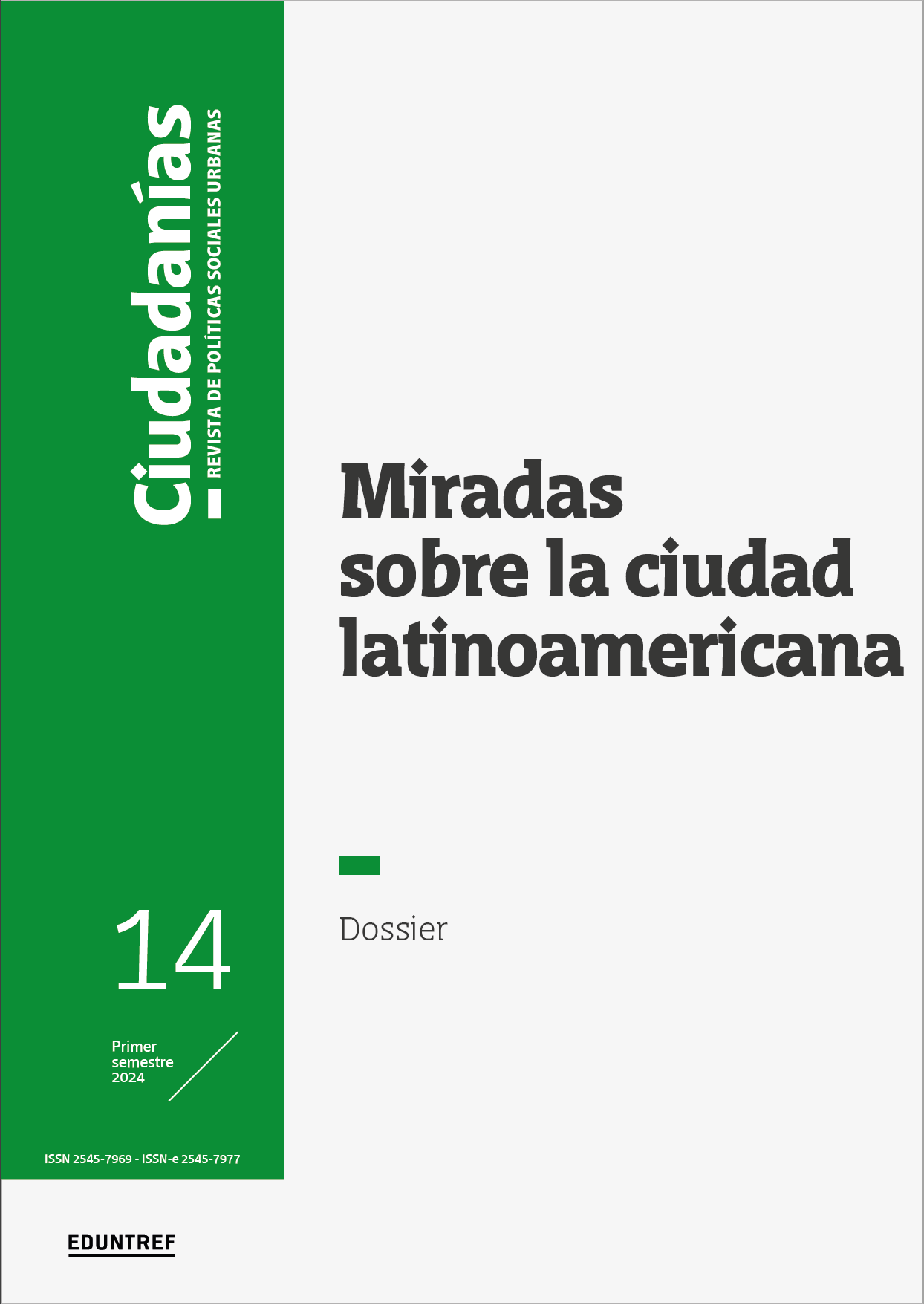Abstract
The article characterizes the main trends of transformation of the processes of popular urbanization experienced in Latin American cities, with emphasis on metropolitan contexts, considering the heterogeneities that it assumes, by combining different and fluid commodified and decommodified modalities. It is proposed that this constitutive diversity, which involves an equally diverse network of actors, unfolds in tension between the logics of entrepreneurship and the self-managed production of habitat. It also reflects on the way in which public policies interact with these processes. The analysis is based on a literature review and research results, prioritizing the production of Latin American intellectuals in urban studies field with a critical perspective.

